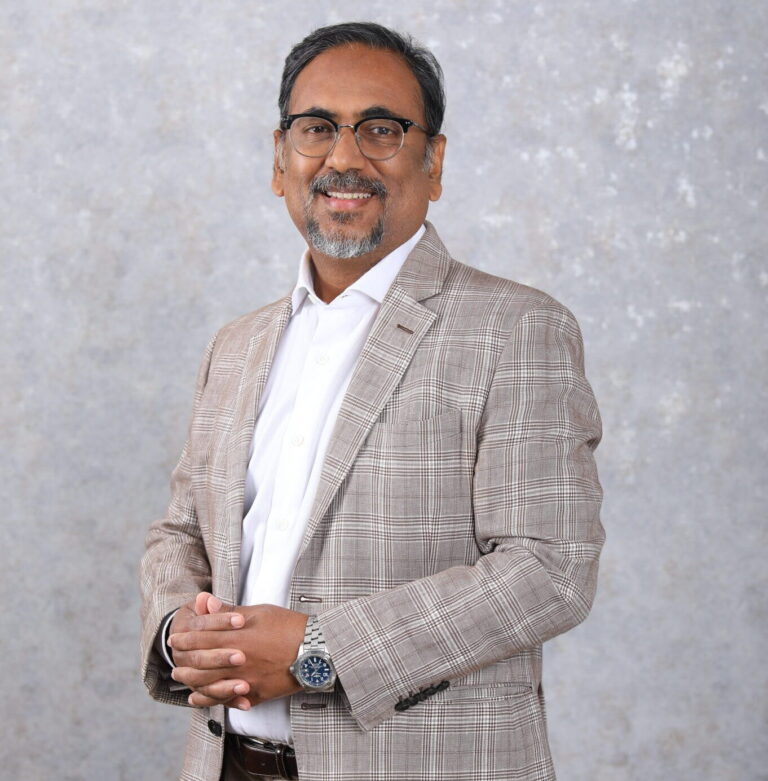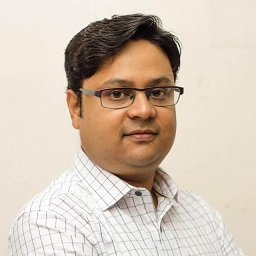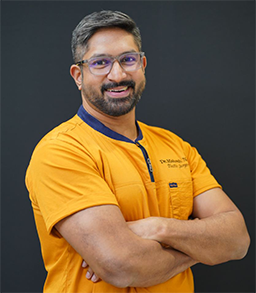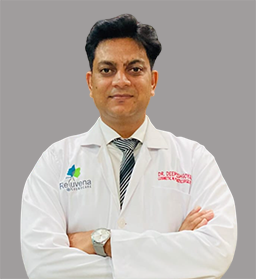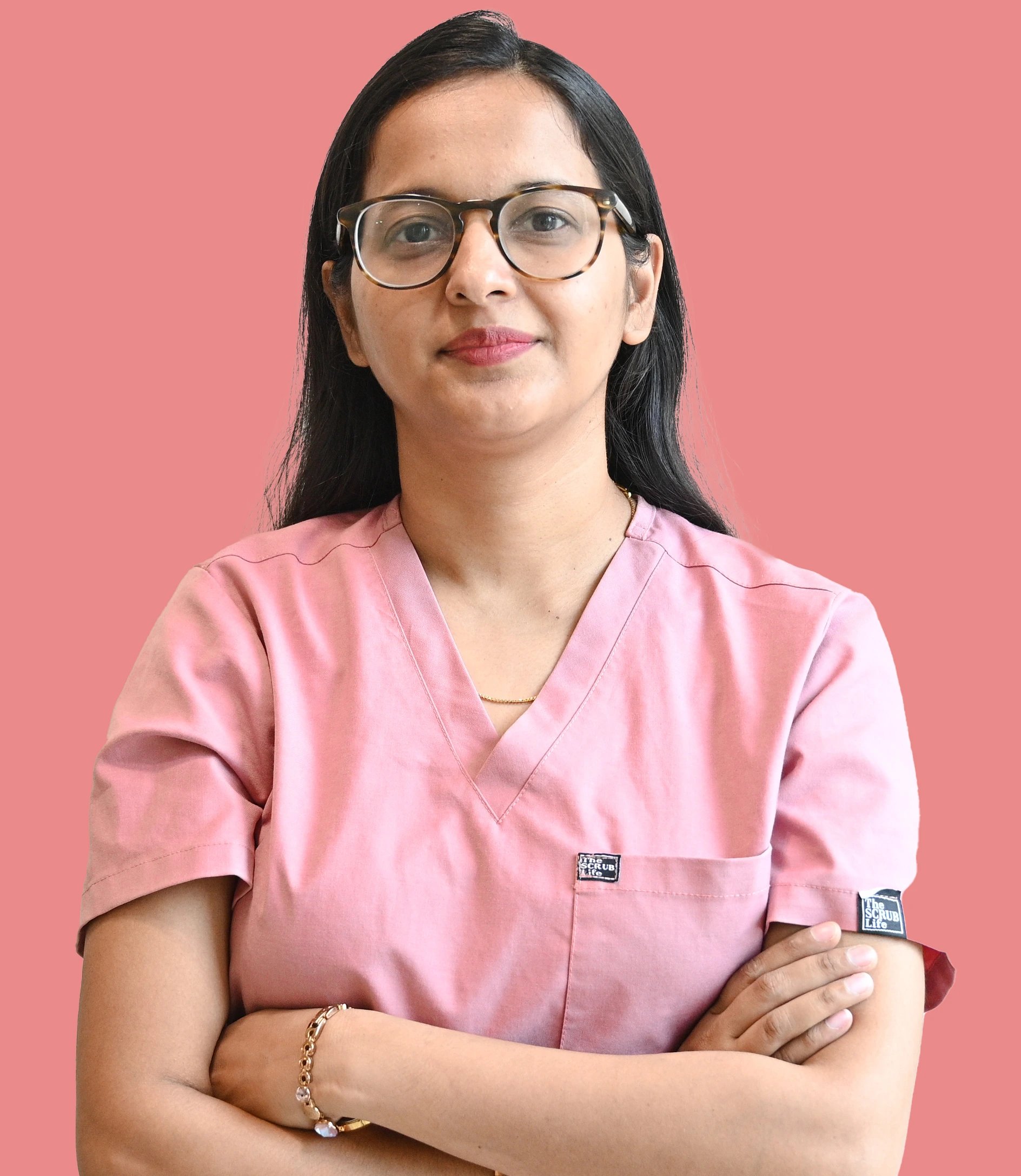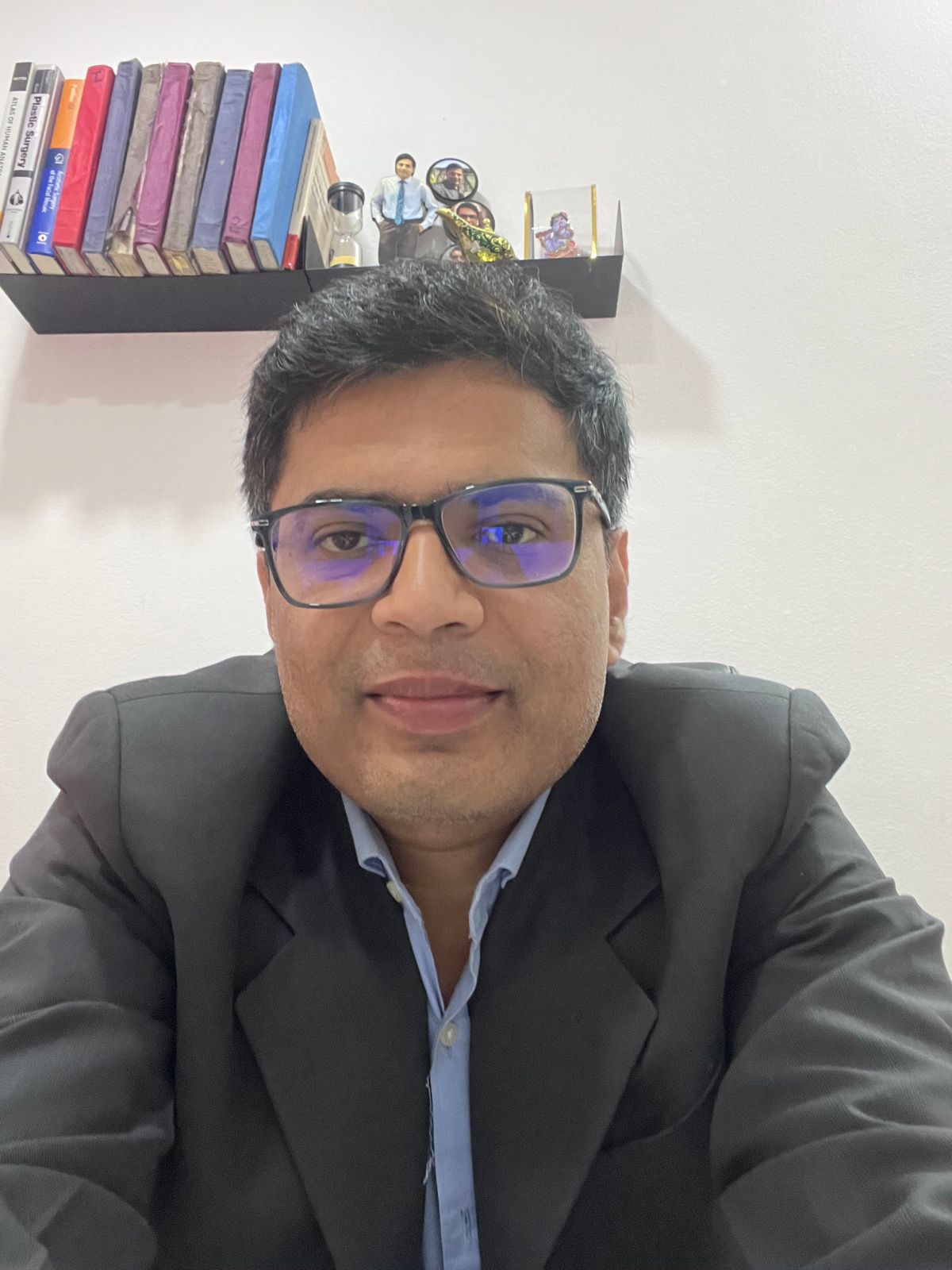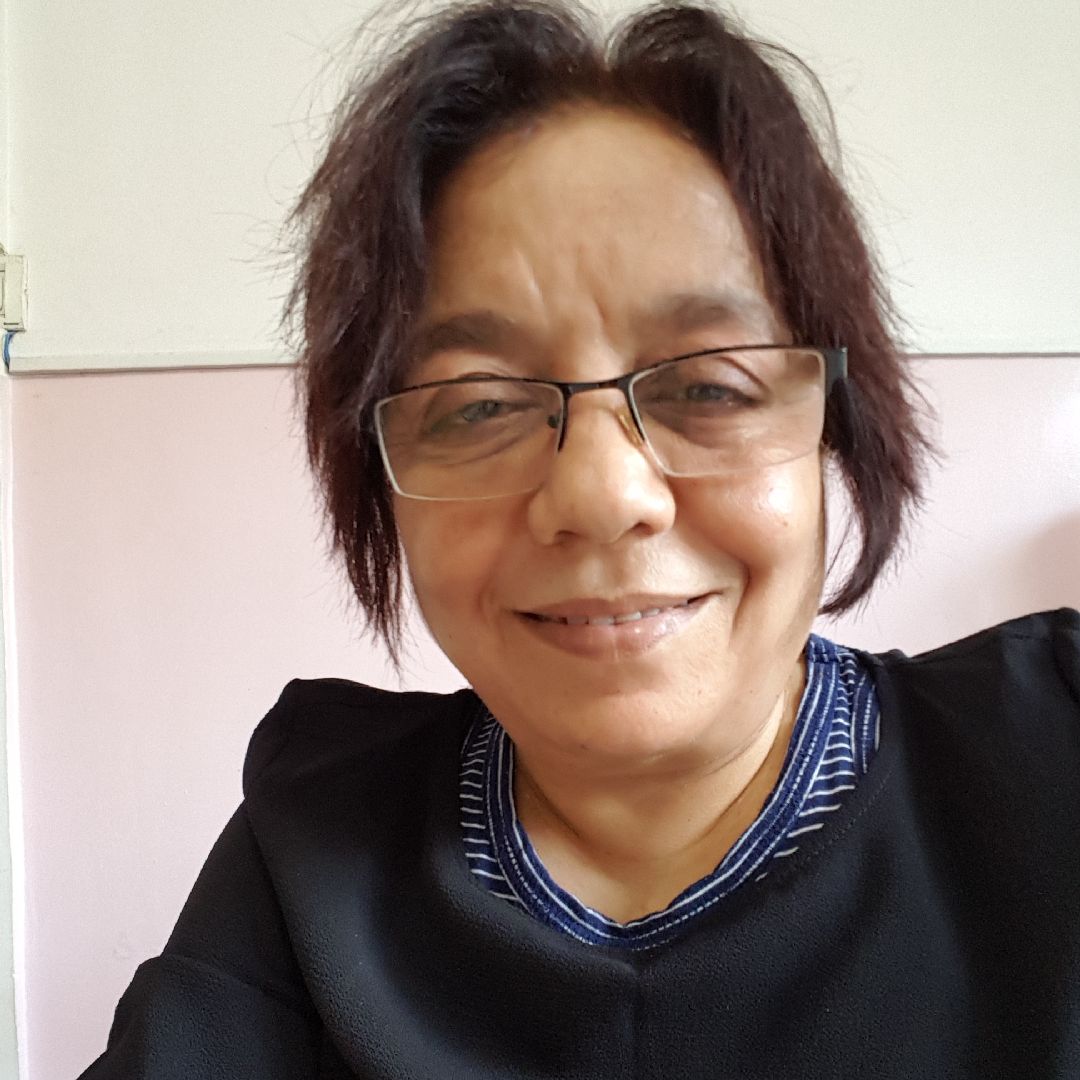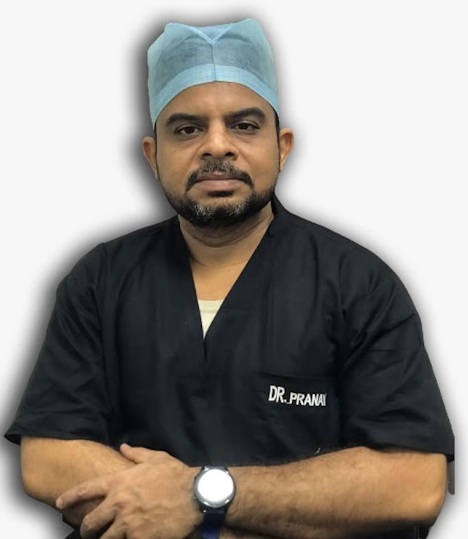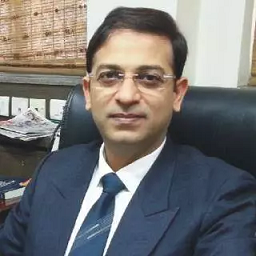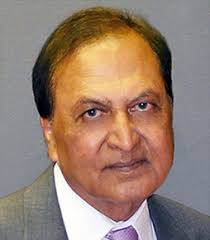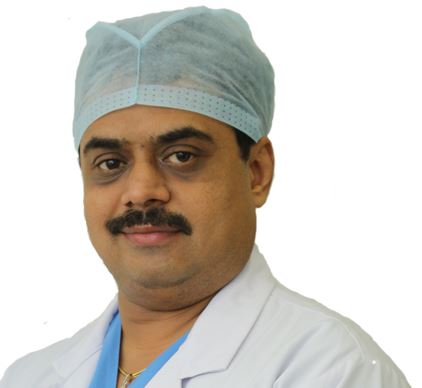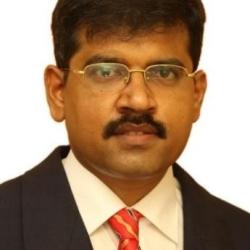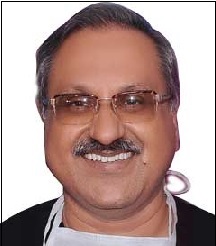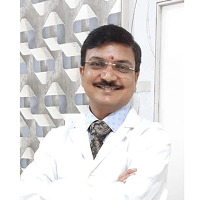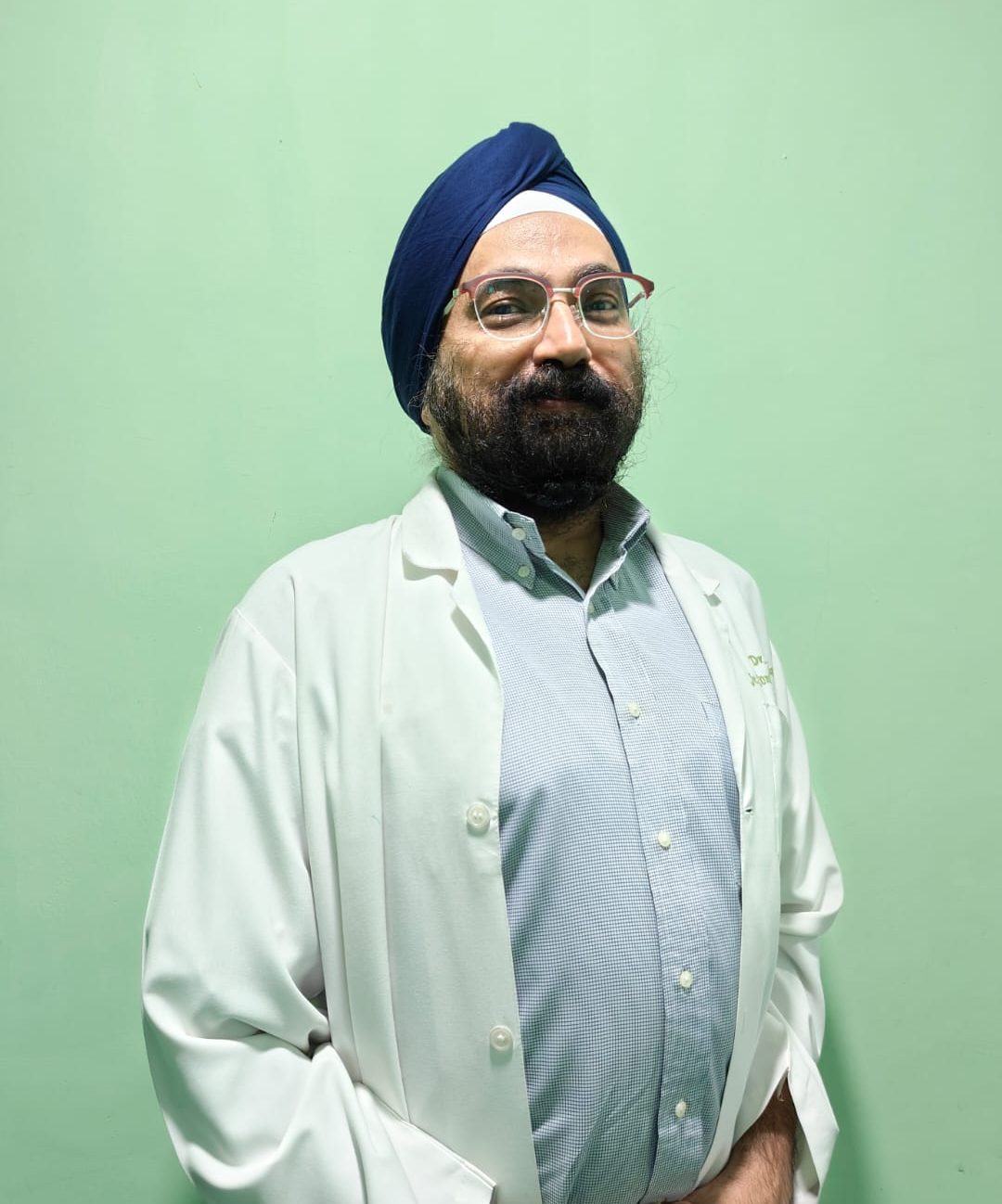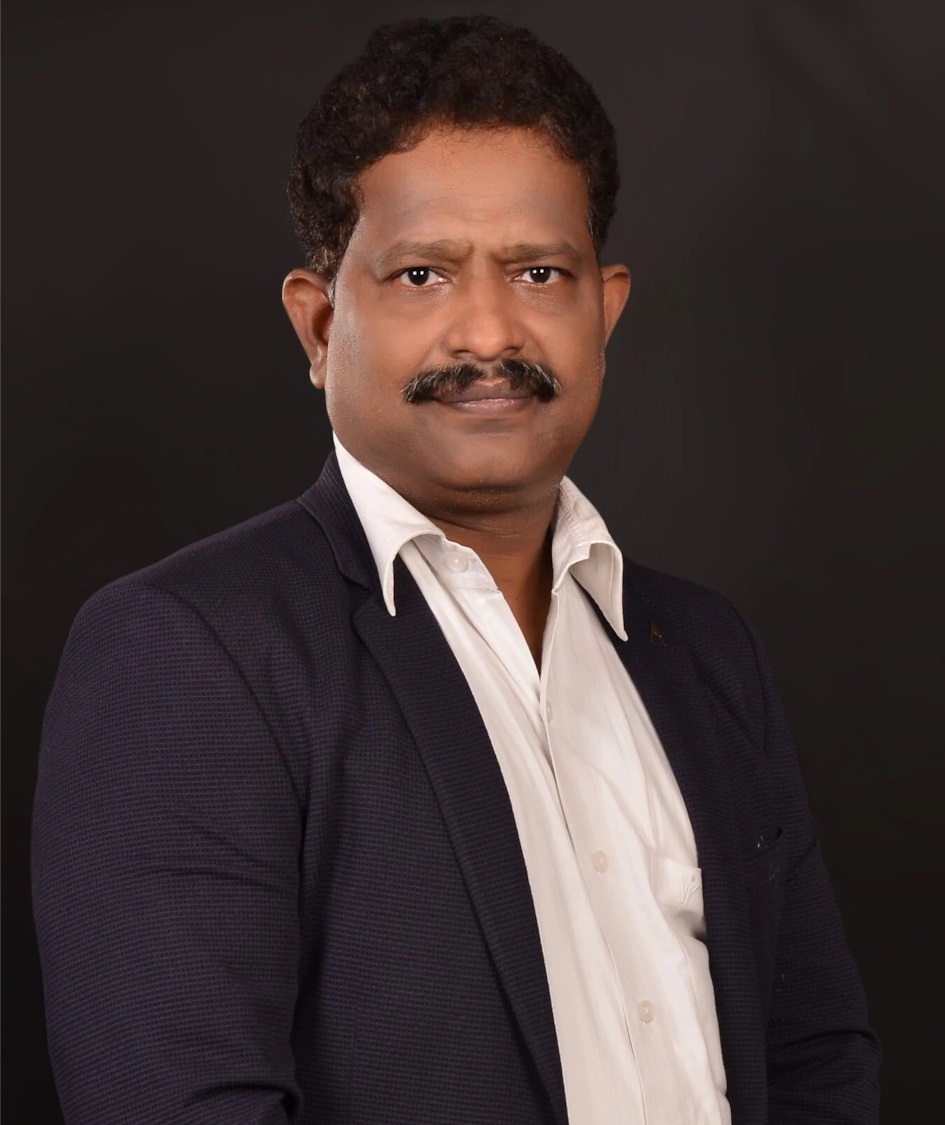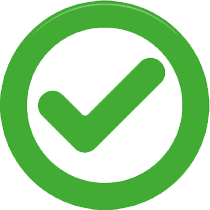Buccal Fat Removal
Introduction
Some people may find their cheeks fat affecting their social presence and their self-confidence. For some, their chubby cheeks may become the reason for people not taking them seriously. For all those people who wish to reduce their fatty cheeks, buccal fat pad removal is the optimal solution.
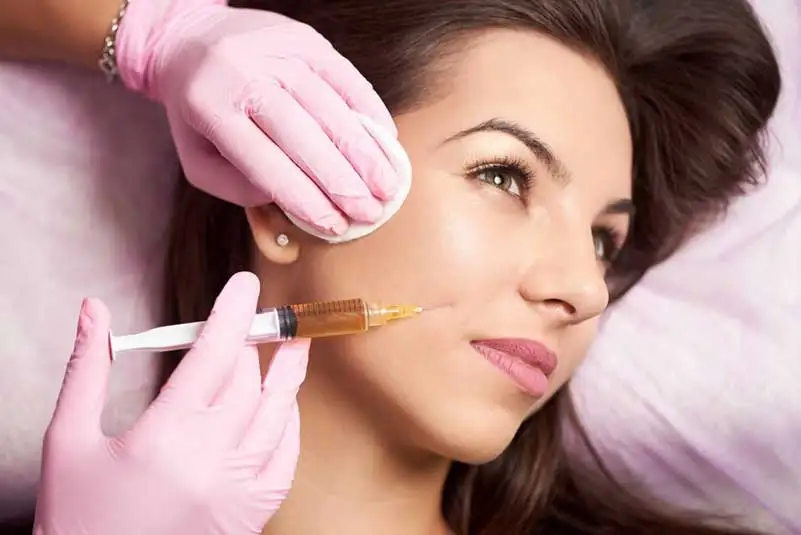
Buccal fat removal surgery is specifically performed to thin the size of the cheeks resulting in a more defined face with proper contours. The surgery helps the patients to transition from the fat cheeky appearance to more youthful and thinner looking cheeks.
Find a Plastic Surgeon in Your Area
Find Top Surgeons in India by Procedure
Find the Cost of a Procedure
The fat under the cheeks in the hollow of the cheekbones is the Buccal fat. The size of the Buccal fat pad under the cheeks varies with each individual. Removing this Buccal fat helps to eliminate excessive fullness of the face and achieve a naturally looking slim contour. This surgery can be performed on those who are at least 21 years of age and have fully developed cheeks.
How Can You Get Ready for Buccal Fat Removal Surgery?
Once you have decided to go for Buccal fat removal surgery, choose an experienced plastic surgeon with specialization in Buccal fat removal surgery and facial contouring.
• During the initial consultation with the surgeon, be prepared with your medical history, the details about the current medical conditions, any allergies, and the current consumption of drugs.
• The surgeon will discuss about your expectations from this surgery.
• He will physically examine your cheeks to check if the Buccal fat removal surgery is the solution.
Depending on the above factors, the surgeon will decide the kind of surgery for your condition. Further, the surgeon will also discuss the entire treatment plan, the cost of the treatment and certain preparations before and after the surgery.
Preparation:
Prior to going for the Buccal fat removal, your surgeon will instruct you to follow some important measures to prepare for the surgery.
• Stop smoking for six weeks before the surgery.
• Stop the consumption of anti-inflammatory drugs, herbal supplements and aspirin.
• The surgeon will take photographs of the cheeks.
• The lab will run some tests to check your fitness.
Communicating with The Surgeon
Be sure to ask all your questions and doubts in your meeting with the surgeon. It is important to get as many details as you can to reduce your anxiety and feel comfortable with the surgery. Don’t forget to ask about the placement of the scars. In case you want to minimize the dropping or sagging cheeks or want to achieve high cheekbones along with fat removal, communicate with the surgeon about your goals unabashedly.
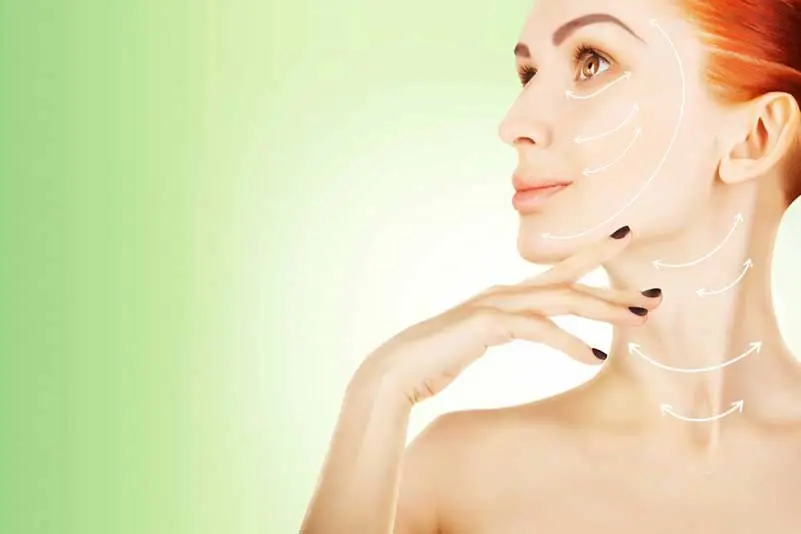
Sometimes, Buccal fat removal is accompanied by a face lift surgery. But you may have more expectations from the surgery, like thinning the neck region, firming the cheeks or getting rid of excessive skin on the jawline. In any of these cases, it is better to talk out with your surgeon clearly before you get operated instead of assuming it on your own. During such situations, the surgeon may recommend a face lift in addition to the Buccal fat removal surgery to achieve the expected results.
How Is The Buccal Fat Removal Surgery Performed?
The Buccal fat removal surgery will generally be performed in an outpatient facility and you can leave for your home on the same day. This surgery typically takes around 1 to 2 hours and you may be monitored in the facility for another 3 hours.
• You will be administered local or general anesthesia at the beginning of the surgery depending on the recommendation of your surgeon.
• The incision is generally made inside the mouth and is usually around 2 to 3 centimetres in length.
• The Buccal fat is removed from the cheeks depending on the size of the cheeks intended.
• The incision is closed with dissolvable sutures mostly; sometimes, the surgeon may take a call to use temporary sutures based on your condition.
• Once the incision is closed, the patient will be sent to the recovery area.
Buccal fat removal surgery helps in the permanent thinning of the cheeks. This gives the impression of natural looking defined cheeks without any evidence of overt scar.
Recovery
Once you return home after the surgery, ensure to take all the precautions instructed by the surgeon.
• The surgeon will ask you not to engage in physical exercises for about two weeks following the surgery.
• He may recommend you to rinse your mouth lightly with salt water after eating.
• Do not eat any food that requires heavy chewing for one week.
• Eating a protein-rich diet may help in fast recovery.
• The surgeon will instruct you to refrain from smoking for a month after the surgery.
• You can resume your daily activities after six to eight weeks after the surgery on the advice of the surgeon.
Medication
The surgeon will prescribe pain medications for you for the first one to weeks. This will help you with the pain in the cheeks and in the general facial area. You may feel acute pain for the first two days for which the pain medications will help.
Managing Swelling
You will have swollen cheeks for two weeks after the surgery, which can also be accompanied by bruising or feeling of tenderness although this can differ from patient to patient. Most of these visible effects and pain will reduce after three weeks.
Ensure to follow-up with your appointments properly to check the condition of the surgery. Once the swelling has reduced, the results of the surgery will be visible. The complete result of the surgery can be properly observed after three to four months from the surgery.
If performed successfully, Buccal fat removal surgery will leave you with permanent results on the condition that you live a healthy lifestyle. Hence, if you want to reduce extra fat on your cheeks, this surgery is perhaps your best hope.
our surgeons:


